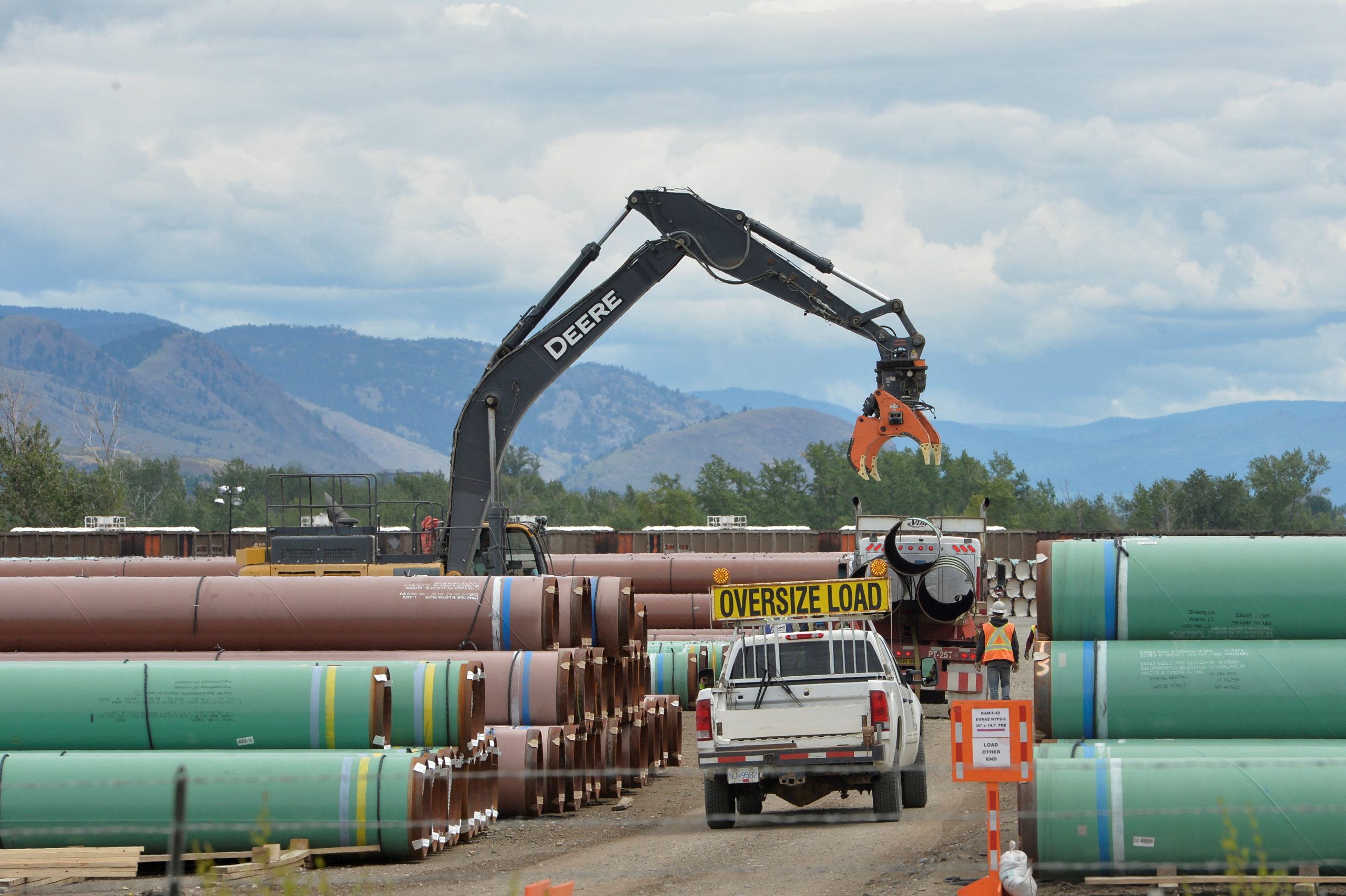According to traders who spoke to Reuters, it is anticipated that the expanded Trans Mountain oil pipeline will primarily transport Canadian crude volumes to the U.S. West Coast instead of Asia, contrary to the original plan when the project was initially conceived.
The Trans Mountain Expansion project has encountered significant delays over the years due to environmental opposition and escalating construction costs.
Originally, the aim of the pipeline expansion was to facilitate the export of Canada’s heavy crude oil to Asia by utilizing tankers from the Canadian West Coast.
However, due to the prolonged process of obtaining permits, addressing financial concerns, and overcoming construction challenges, the dynamics of global crude oil flows shifted, notably with the Russian invasion of Ukraine.
Asian buyers, such as China and India, are currently purchasing substantial quantities of discounted Russian crude oil. This Russian crude is available at a lower price compared to Canadian heavy crude, despite the fact that the Alberta grade is trading at a discount to the U.S. benchmark, WTI Crude.
According to a Canadian trader interviewed by Reuters, “We have lost significant market share to Russia and Middle Eastern countries like Iraq.” This statement reflects the impact of competition from these regions on the Canadian oil industry.
Due to strong opposition in British Columbia, Kinder Morgan has been compelled to reevaluate its plans for expanding the Trans Mountain pipeline, which originally aimed to boost its daily capacity from 300,000 bpd to 890,000 bpd.
Consequently, in 2018, the Canadian government reached an agreement with Kinder Morgan to purchase the Trans Mountain Expansion Project along with its associated pipeline and terminal assets.
As of May, TMC reported that construction progress on the Trans Mountain Expansion Project had reached around 82% completion by the end of March.
Trans Mountain has projected the mechanical completion of the project by the end of this year, with commercial service anticipated to commence in the first quarter of 2024. The corporation stated that the pipeline has secured long-term contractual commitments for 80% of its 890,000 barrels per day (bpd) capacity.
Analysts suggest that a significant portion of the crude is expected to be directed to the United States instead of Asia due to the current buying trend in Asia for affordable Russian oil.
Source : oilprice.com







